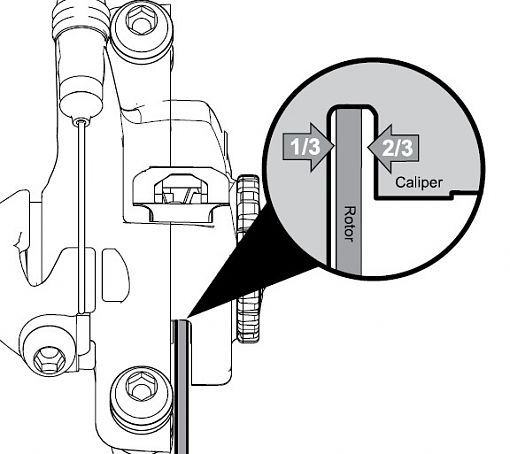I recently took my bike to the shop, since it started making a weird metal on metal (not squeal, just hard brushing sound). After checking it out they saw that the back brake pads were really (REALLY) worn down, so they changed them.
Now my bike is doing a really loud screechy sound when I use the back brakes, and the bike doesn't even stop that fast, I remember my back brakes being pretty strong, completely stopping the back wheel even if I was going fast (of course, if I was going fast it would drift a little.. but the wheel was locked). Now it's making this loud sound and just kind of slowing me down slowly, but not fully breaking.
I didn't know if this was normal.. but after reading a few question here like this, it seems like it is definitely not. (Fixing noisy V brakes)
Is this a legitimate reason to take the bike back to the shop and tell them there is something wrong with their work?
Thanks!

